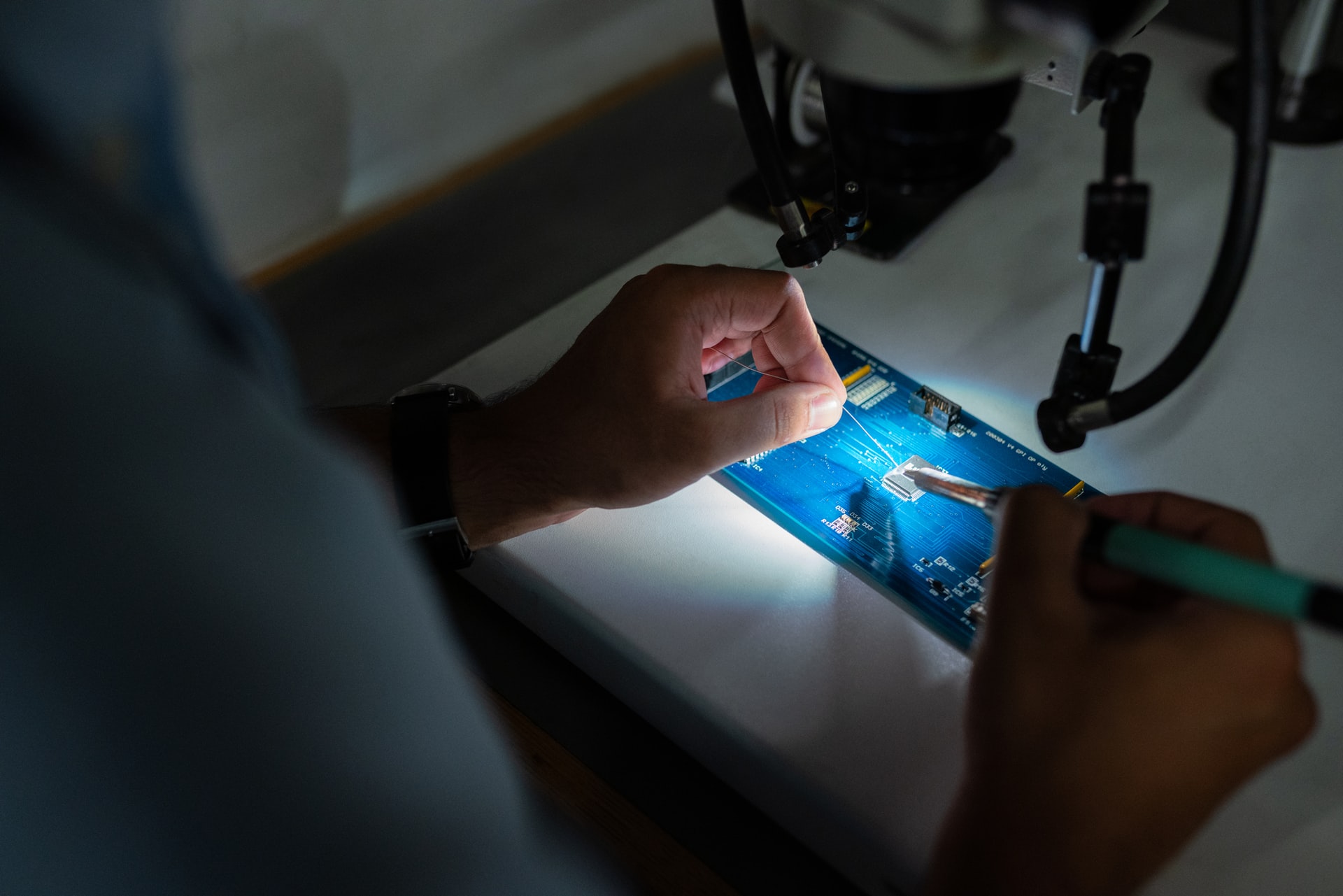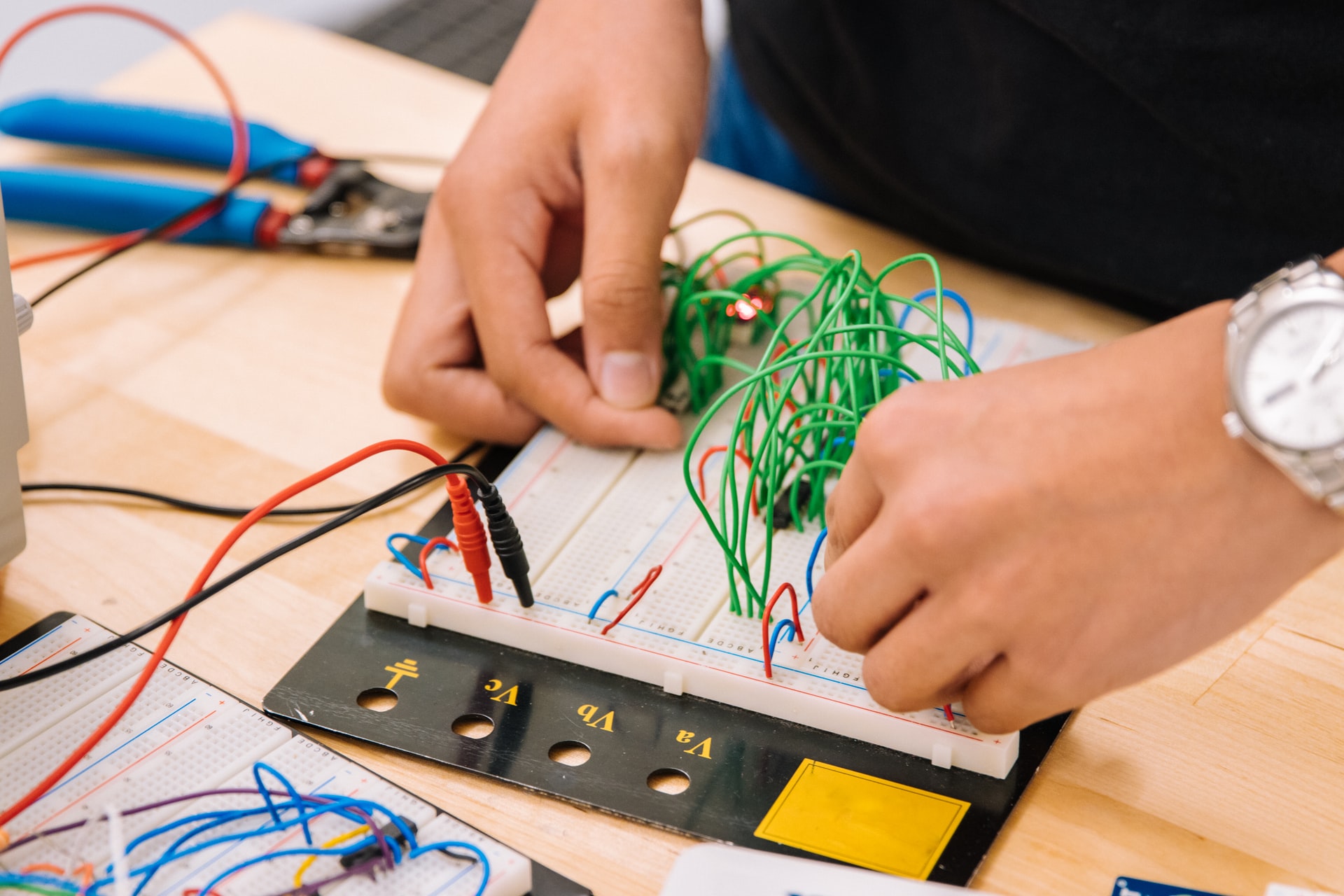Sample SOP for MS in Electrical Engineering [With work experience]
Sample SOP for MS in Electrical Engineering: From a young age, I harbored a fascination for the concept of intelligent machines. The idea of a machine possessing autonomous thinking capabilities intrigued me, opening my mind to a realm of boundless potential. Being a firsthand witness to the rapid evolution of high-speed modern devices further fueled my curiosity, prompting me to delve into the foundational principles of computing. Driven by this passion, I enrolled at the esteemed Indian Institute of Technology, ABC, where I specialized in Electrical Engineering. Following my graduation in 2014, my initial professional venture at XYZ Technologies immersed me in cutting-edge projects involving GPUs and Networking chips. This professional exposure served as a catalyst for my intellectual appetite in the field, motivating me to pursue further academic endeavors. Throughout my graduate studies, my objective is to deepen my comprehension of computer architecture and engage with contemporary challenges prevalent in compute-intensive domains like neural networks and deep learning.
During my undergrad coursework, I was introduced to various fields of Electrical Engineering. My academic interest in Computer Hardware was sparked as a freshman through the course of Digital Design. The beauty of employing simple binary digits to implement complex digital hardware amazed me. Advanced courses such as Computer Architecture and Operating Systems introduced me to the details and working of components of computer hardware like cache and pipelining, which propelled my interest further. As I learnt more about the different components, the architecture began to feel intuitive, and I grew more attached to the subject. Under the able guidance of Professor ABC, the courses of Embedded Systems and Digital Hardware Design encouraged me to explore the field further.

Sample SOP for MS in Electrical Engineering
In the latter part of my junior year, I embarked on an internship with XYZ in Phoenix, USA. I was placed within the printing Research and Development group, where I had the privilege of collaborating and learning from industry experts. This experience marked my initial foray into hands-on professional work with Verilog and industrial simulation tools, affording me a deep understanding of digital design’s extensive scope. Notably, I undertook the successful design and implementation of hardware crucial for verifying printer heads. The design process felt intuitive, particularly in addressing the challenge of handling incoming data at a higher speed than outgoing data could manage. This necessitated the incorporation of a memory component. For streamlined implementation, I organized the data in serial addresses, facilitating computer retrieval via a USB connection. The design was executed using an ALTERA Cyclone III FPGA board. In parallel, I developed a GUI software using Visual Basics, enabling communication with the hardware and the storage of incoming data in binary text output format. While both aspects were engaging, it was the hardware component of this endeavor that truly captured my interest and left me with a profound sense of achievement.
During my junior and senior year, I undertook a yearlong research project on optical structures under guidance of Prof XYZ. Using methodologies such as FDTD and RCWA, I created and ran simulations of different nanostructures to determine their suitability for medical applications. This project helped me to gauge a different avenue outside computer architecture and broaden my horizon. However most importantly it helped me realize that computer architecture was more intuitive and certainly more exciting field for me.
My professional journey into computer hardware led me to join XYZ as a Formal Verification Engineer. XYZ, a Silicon Valley-based company, specializes in providing Formal Verification services to prominent semiconductor firms. Working at XYZ has provided me with a rewarding and enriching experience in the realm of cutting-edge technology, alongside industry experts. Over my 2.5-year career, I’ve had the privilege of collaborating with diverse designers from various companies, focusing on networking and GPU chips. During this time, I’ve successfully overseen the verification of more than 15 RTL designs, each varying in functionality and design complexity. Utilizing a range of state-of-the-art formal verification tools, I’ve gained valuable insights into the inner workings of formal engines operating in the background. I’ve also had the opportunity to experiment with and analyze the advantages of different solvers based on BDD, BMC, SAT, or hybrid approaches. My interactions with design and simulation teams have provided me with a holistic understanding of the intricate processes involved in hardware development. Moreover, this role has played a pivotal role in honing my communication skills and fostering a collaborative team-oriented approach.

Sample SOP for MS in Electrical Engineering
For last 6 months, I have worked on formal verification of L1 cache of GPU. Being a big design, it posed a challenging problem for verification using formal methods. Through experimentations and analysis, I have identified each source of complexity and came up with techniques to counter them. Building upon each solution, I have built a formal verification environment that produced great results and identified over 20 corner-case deadlock bugs which were difficult to identify with simulation.
Engaging in formal verification has been an exhilarating learning experience, marked by a continuous ascent up the learning curve. Each design presents a distinct challenge, demanding innovative solutions and fostering a collaborative spirit among my peers. This environment has not only heightened my enthusiasm for tackling intricate designs but has also equipped me with invaluable problem-solving skills. Attending the Design Automation Conference (DAC) 2016 at ABC was a transformative experience that further kindled my drive to delve into new innovations. With a strong conviction, I believe that returning to academia will afford me a dynamic and intellectually stimulating environment, providing an exceptional platform to contribute to ongoing research in this field.
We are a platform that connects aspiring candidates with experts who have aced the admission process at the top universities of the world. We offer highly personalized programs at the most affordable market beating prices. You can fill the form below for any help or guidance with your application in general or scholarships in particular. Alternatively you write to us at connect@careercarta.com
Sample SOP for MS in Electrical Engineering [Without work experience]
Sample SOP for MS in Electrical Engineering: From a young age, I harbored a fascination for the concept of intelligent machines. The idea of a machine possessing autonomous thinking capabilities intrigued me, opening my mind to a realm of boundless potential. Being a firsthand witness to the rapid evolution of high-speed modern devices further fueled my curiosity, prompting me to delve into the foundational principles of computing. Driven by this passion, I enrolled at the esteemed Indian Institute of Technology, ABC, where I specialized in Electrical Engineering. Following my graduation in 2014, my initial professional venture at XYZ Technologies immersed me in cutting-edge projects involving GPUs and Networking chips. This professional exposure served as a catalyst for my intellectual appetite in the field, motivating me to pursue further academic endeavors. Throughout my graduate studies, my objective is to deepen my comprehension of computer architecture and engage with contemporary challenges prevalent in compute-intensive domains like neural networks and deep learning.
During my undergrad coursework, I was introduced to various fields of Electrical Engineering. My academic interest in Computer Hardware was sparked as a freshman through the course of Digital Design. The beauty of employing simple binary digits to implement complex digital hardware amazed me. Advanced courses such as Computer Architecture and Operating Systems introduced me to the details and working of components of computer hardware like cache and pipelining, which propelled my interest further. As I learnt more about the different components, the architecture began to feel intuitive, and I grew more attached to the subject. Under the able guidance of Professor ABC, the courses of Embedded Systems and Digital Hardware Design encouraged me to explore the field further.
In the latter part of my junior year, I embarked on an internship with XYZ in Phoenix, USA. I was placed within the printing Research and Development group, where I had the privilege of collaborating and learning from industry experts. This experience marked my initial foray into hands-on professional work with Verilog and industrial simulation tools, affording me a deep understanding of digital design’s extensive scope. Notably, I undertook the successful design and implementation of hardware crucial for verifying printer heads. The design process felt intuitive, particularly in addressing the challenge of handling incoming data at a higher speed than outgoing data could manage. This necessitated the incorporation of a memory component. For streamlined implementation, I organized the data in serial addresses, facilitating computer retrieval via a USB connection. The design was executed using an ALTERA Cyclone III FPGA board. In parallel, I developed a GUI software using Visual Basics, enabling communication with the hardware and the storage of incoming data in binary text output format. While both aspects were engaging, it was the hardware component of this endeavor that truly captured my interest and left me with a profound sense of achievement.
For my BTech project I took a project focused on the design and implementation of a smart grid monitoring system for a local power distribution network. The goal was to develop a comprehensive solution that could monitor various parameters like voltage levels, current flow, and power factor in real-time. This involved extensive research into advanced sensor technologies and data acquisition methods. After selecting appropriate sensors and data logging equipment, I worked closely with the team to design a robust data acquisition system. I also collaborated with software engineers to develop a user-friendly interface that displayed the collected data in a clear and intuitive manner. Throughout the project, I gained valuable hands-on experience in circuit design, sensor integration, and programming for real-time data processing.
In addition to the smart grid monitoring system, I was also tasked with conducting a feasibility study for the integration of renewable energy sources into the existing power grid. This involved analyzing the capacity of the grid to handle intermittent power generation from sources like solar panels and wind turbines. I performed detailed simulations using specialized software to model the grid’s response to varying levels of renewable energy input. The study also included an economic analysis to assess the cost-effectiveness of integrating renewable energy sources. This internship project not only enhanced my technical skills in electrical engineering but also provided me with a deeper understanding of the practical challenges and considerations in the implementation of sustainable energy solutions within a real-world power distribution network
Engaging in formal verification has been an exhilarating learning experience, marked by a continuous ascent up the learning curve. Each design presents a distinct challenge, demanding innovative solutions and fostering a collaborative spirit among my peers. This environment has not only heightened my enthusiasm for tackling intricate designs but has also equipped me with invaluable problem-solving skills. Attending the Design Automation Conference (DAC) 2016 at ABC was a transformative experience that further kindled my drive to delve into new innovations. With a strong conviction, I believe that returning to academia will afford me a dynamic and intellectually stimulating environment, providing an exceptional platform to contribute to ongoing research in this field.
We are a platform that connects aspiring candidates with experts who have aced the admission process at the top universities of the world. We offer highly personalized programs at the most affordable market beating prices. You can fill the form below for any help or guidance with your application in general or scholarships in particular. Alternatively you write to us at connect@careercarta.com

Sample SOP for MS in Electrical Engineering
Read about: SOP Writing Services
Read more about: Sample SOP for MS
Read more about:Sample SOP for MS in Computer Science
Read more about:Sample SOP for MS in Computer Architecture
Read more about: SAMPLE SOP FOR CHICAGO HARRIS SCHOOL OF PUBLIC POLICY-Selected Candidate
Read More About: Canada Scholarships
Writeup: Sample SOP for MS in Electrical Engineering
Draft: Sample SOP for MS in Electrical Engineering